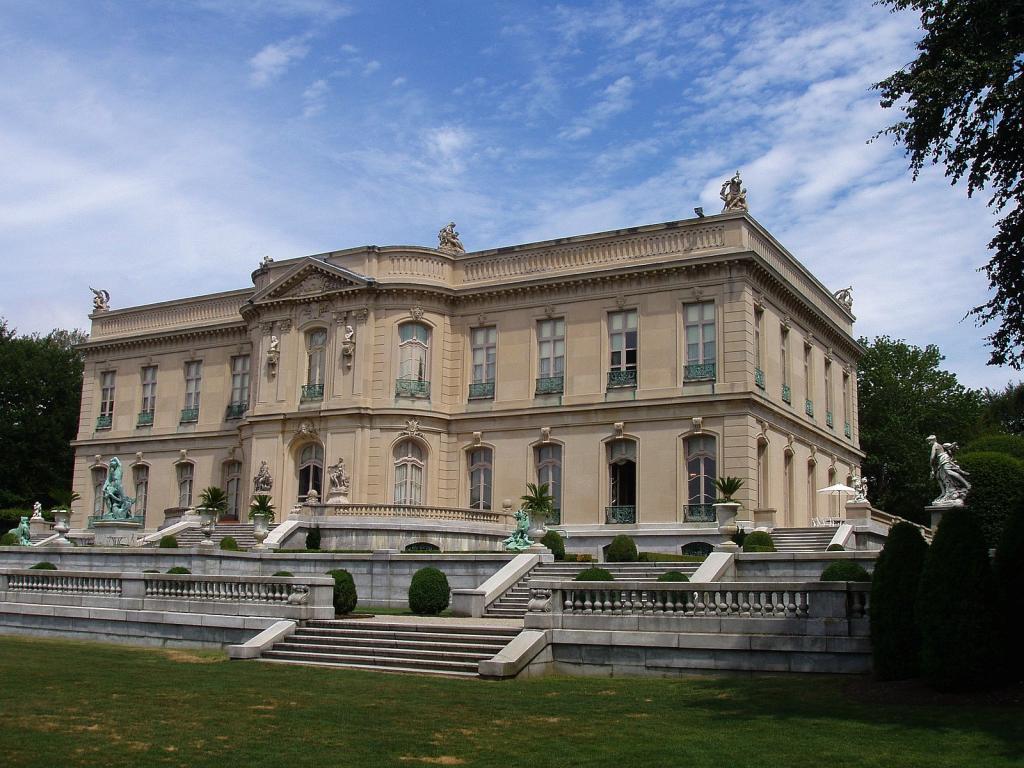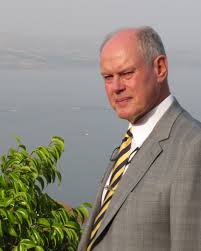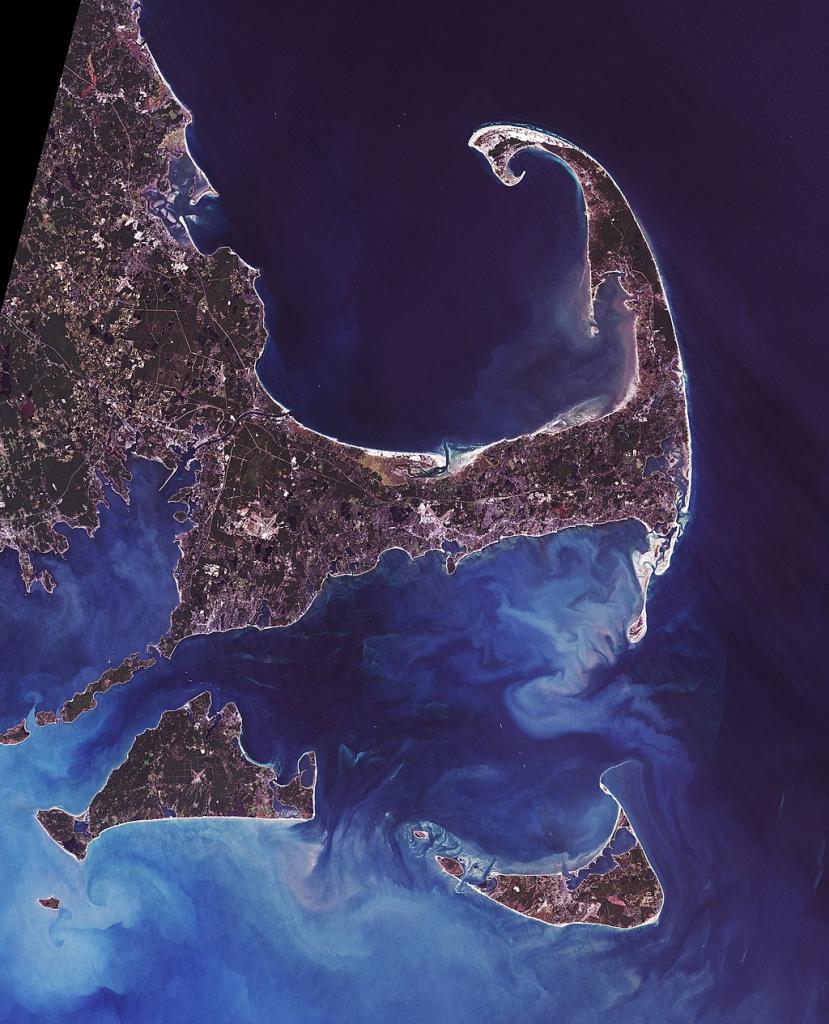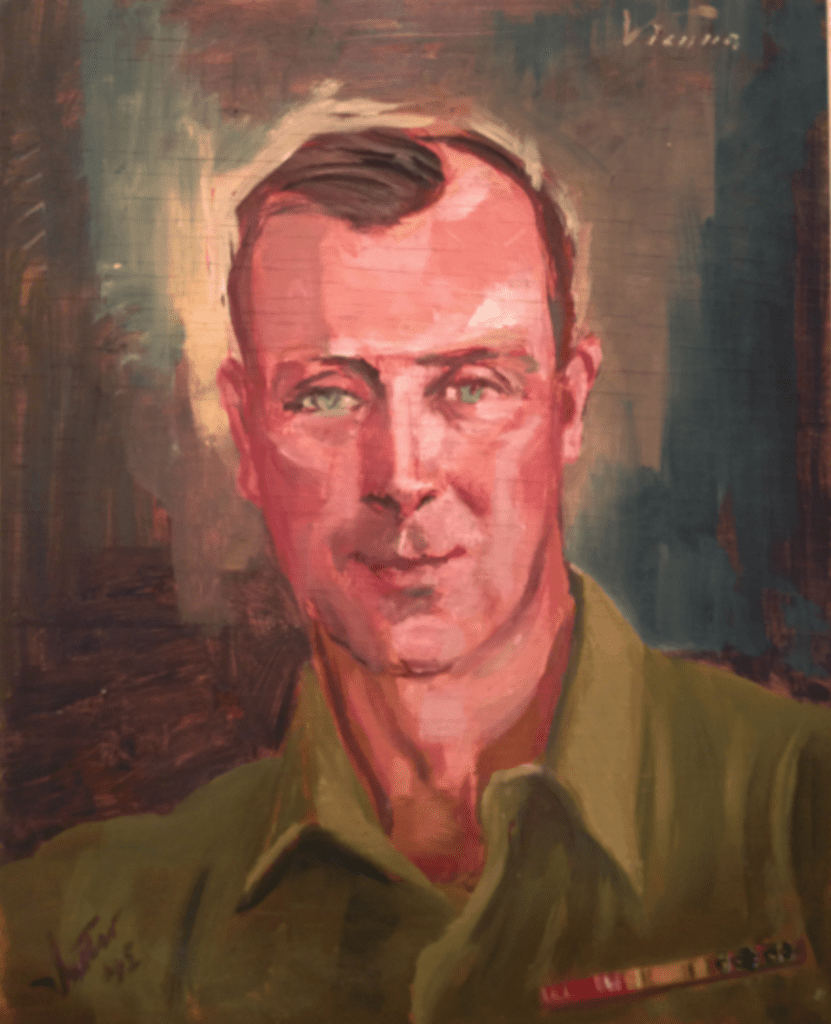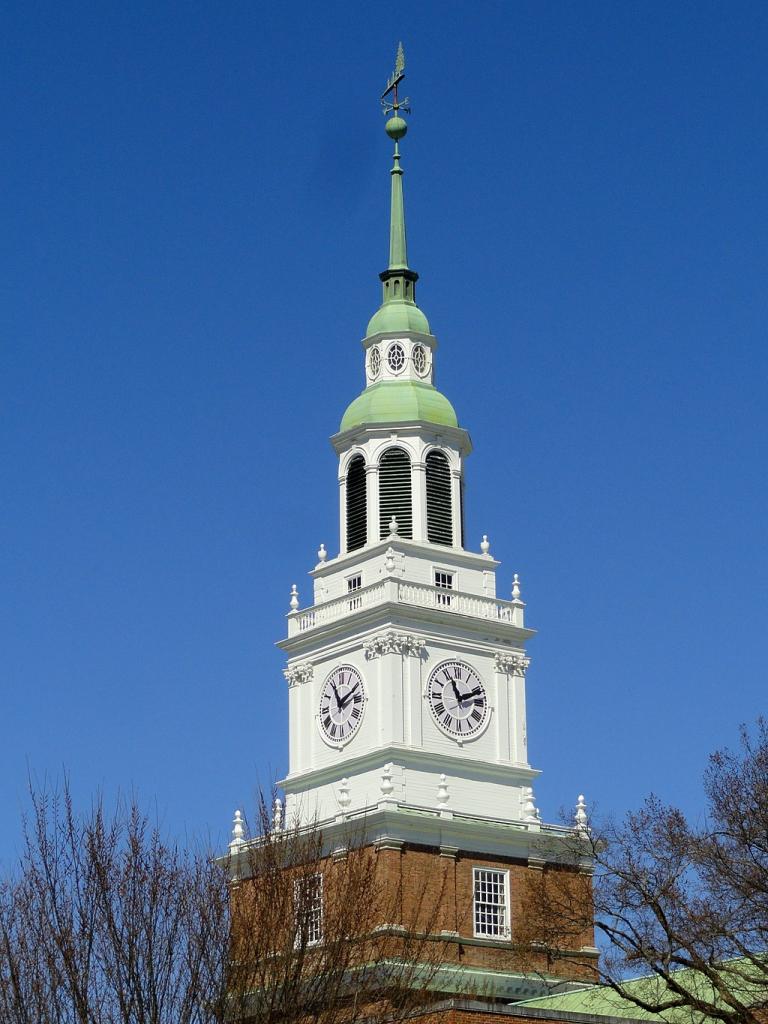An article — this one by David M. Calabro — went up yet again today in Interpreter: A Journal of Latter-day Saint Faith and Scholarship. I think that many of you will find it interesting: “An Early Christian Context for the Book of Moses” Abstract: This study argues that the Book of Moses was an early Christian text. The book’s language, literary genre, and references to its own production could fit with a date in the late first century ad.... Read more




